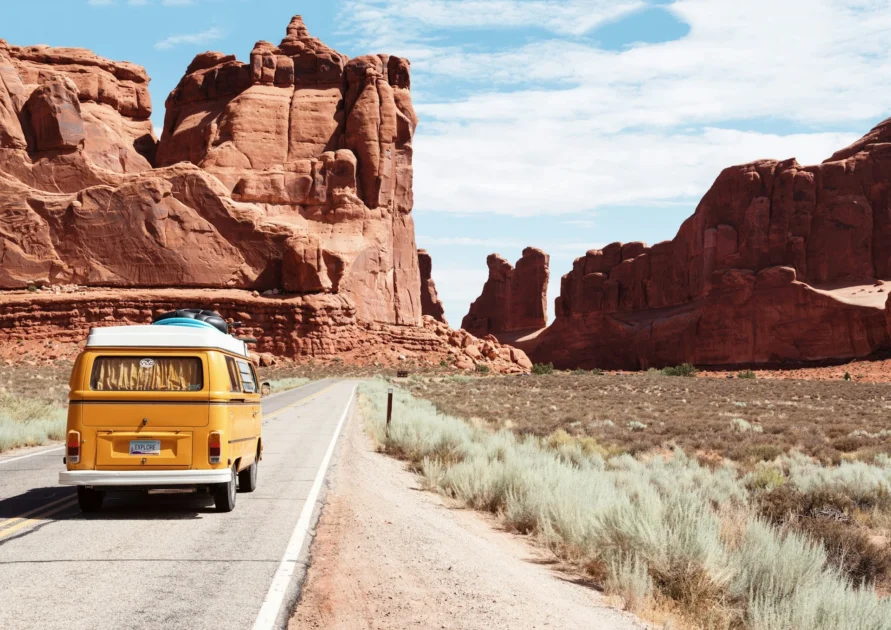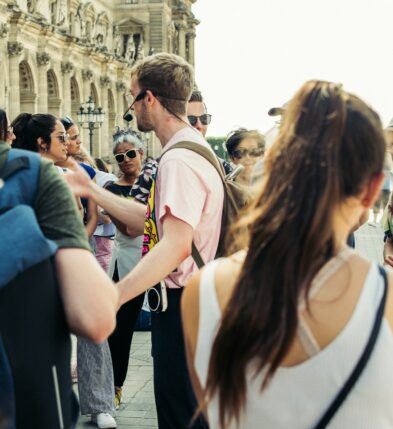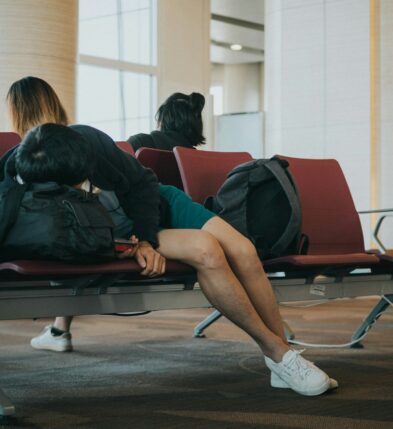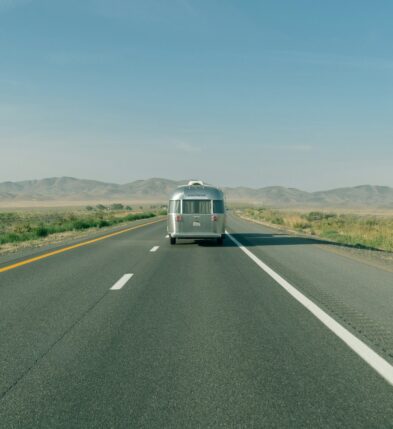Why Choose an Adventure Holiday?
Adventure travel is more than just an activity—it’s a journey into the unknown, a chance to step outside your comfort zone while reconnecting with the world around you. We learnt from the Future Travel Summit that such passion trips are also on the rise! Here’s why it’s worth considering:
- Immersive experiences. Every day brings something new, whether it’s trekking through rugged mountains, kayaking past coastal cliffs, or horseback riding across open plains.
- Wellbeing boost. Physical activity and fresh air naturally elevate your mood and energy levels, offering an invigorating contrast to digital-heavy daily life.
- Deeper cultural connections. Adventure travel often leads to authentic interactions with local communities, from learning traditional fishing techniques in the Mediterranean to joining indigenous-led hikes in Latin America.
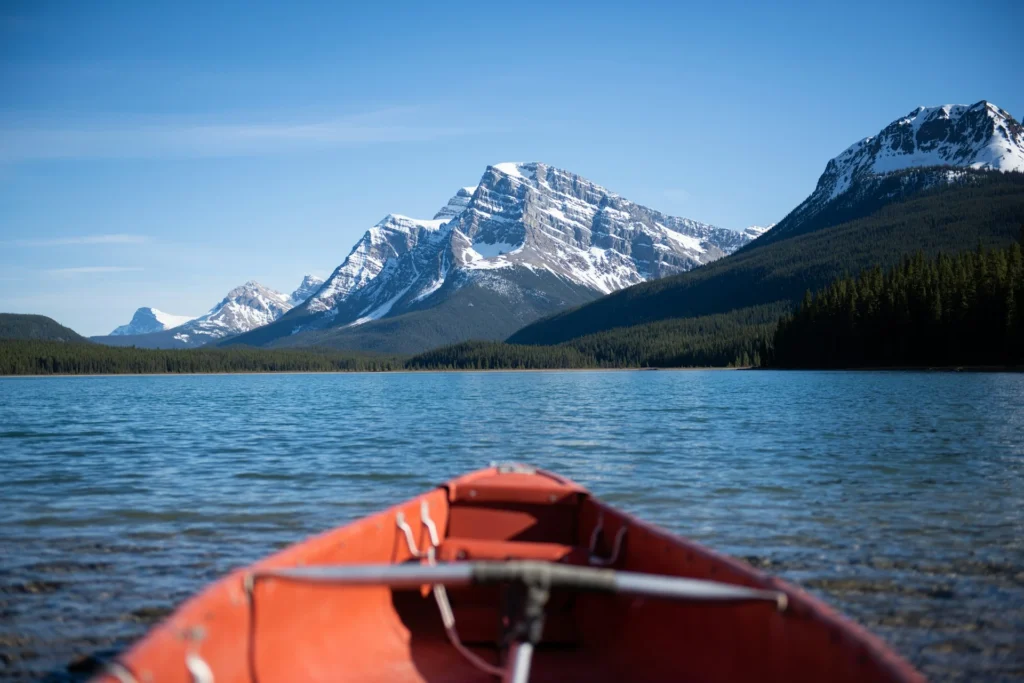
Choosing the Right Adventure for You
Whether you’re a seasoned explorer or a first-time adventurer, there’s a style of adventure holiday to match your pace:
- For the nature lover – Hiking through Patagonia’s dramatic fjords, the Amalfi Coast’s cliffside paths, or Morocco’s High Atlas Mountains offers a stunning mix of challenge and reward.
- For the water enthusiast – From snorkelling in the Maldives to white-water rafting in Costa Rica, water-based adventures provide a fresh perspective on a destination.
- For the wildlife seeker – Eco-conscious safaris in Tanzania’s Serengeti, conservation-focused whale-watching in Norway’s Arctic waters, or gorilla trekking in Uganda’s misty jungles offer unforgettable encounters.
- For the thrill-seeker – Skydiving over New Zealand’s rugged landscapes, rock climbing in Thailand’s limestone caves, or ziplining through Costa Rica’s rainforest canopy pushes adventure to the next level.

Planning Your Adventure: Key Considerations
To make the most of your trip, match the experience to your fitness level and comfort zone. A good adventure should feel invigorating, not overwhelming.
- Pack smart – Whether it’s the right hiking boots or a high-quality wetsuit, good gear enhances comfort and performance.
- Seek expert guidance – Boutique travel companies specialise in curated experiences, offering small-group excursions that blend adventure with local insights.
- Choose responsible travel – Support community-run activities, eco-lodges, and tour companies committed to sustainability.
Certain parts of the world tend to be associated with particular types of leisure activity, largely thanks to the terrain. A cycling holiday in France, for example, might take you along many of the routes travelled by competitors on the famous Tour de France.
It might be that you need certain specialist equipment to enjoy your break. In many cases, you can rent the equipment, or be given it by the organising body. Would-be canoeists can expect to be handed a lifejacket. On the other hand, if you’re going hiking, it’s worth investing in a suitably robust pair of boots.
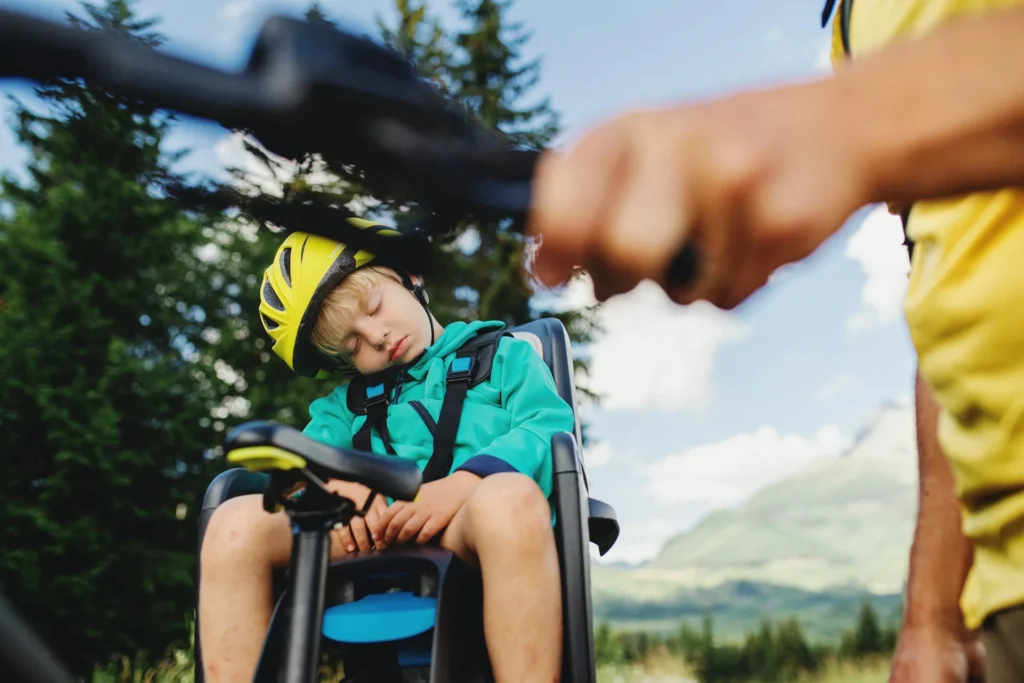
Embracing Sustainable Adventure Travel
If you’re looking to see the world without damaging it, you might consider sustainable ways to experience adventure travel. A growing number of holiday providers now offer eco-conscious itineraries that prioritise conservation and responsible tourism.
- Book with sustainable travel companies – Choose providers that give back to local communities and actively minimise their environmental footprint.
- Opt for slow travel – Trains, biking routes, and walking tours reduce carbon footprints while offering richer experiences.
- Support local economies – Whether it’s buying handmade souvenirs from artisans or booking locally owned accommodations, your spending can have a direct positive impact.
- Reduce air miles – Where possible, consider alternative transport options. After all, air travel is vastly more polluting per passenger mile than alternative forms of transport, like trains.
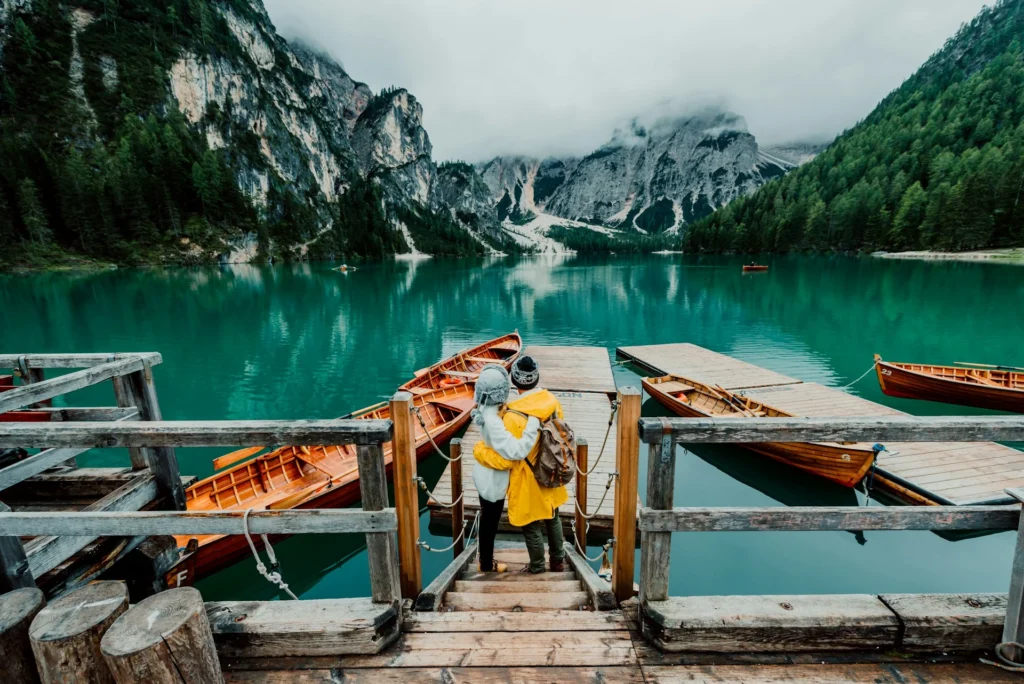
Where Will Your Next Adventure Take You?
Adventure doesn’t have to mean extreme—it can be as simple as choosing the road less travelled. Whether you find yourself cycling through French vineyards, sailing the Greek islands, or trekking through the Andean highlands, the key is to embrace the journey.
